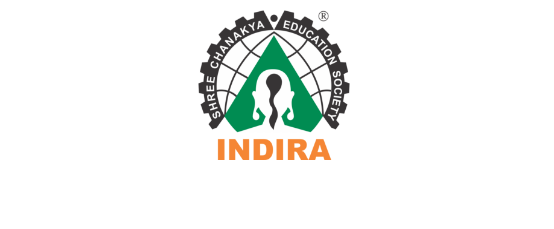After months of quarantines and anticipated phased recovery, standard operating procedures in retail are bound to undergo drastic change and will continue to change as health and economic implications of the pandemic evolve. Apparently, to succeed after COVID-19, retailers are assessing their revenue management practices, operating models, digital capabilities, capital investments, making bold moves to transform themselves. Retailers are anticipating not only to induce the pace but also to thrive in a new environment and market conditions. Most would need to significantly rethink their strategies and business models in the next normal; what kinds of goods and services would consumers want and need in this changing environment; What macroeconomic factors would inform their purchasing decisions? What new consumer behaviour may emerge?
Retailers’ ability to face the new challenge and succeed in the next normal will depend on different sectors the subsectors they operate. This may also hinge upon the degree to which they adopt new capabilities and draw on the new expertise, some of which they may need to leverage through mergers, acquisitions, and collaborations. To begin this transformation process, retailers would need to systematically assess their capabilities critical for the retail operation to succeed: presence in Omni- platforms, digital capability, agile operating models, critical revenue management and prudent capital investments. Retailers would need to assess the full suite of revenue levers at their disposal and then double-down on them to sustain and accelerate sales and gross margin, undertake a clean-sheet evaluation of product assortment, pricing strategy, and promotion levers to optimize sales and customer loyalty. They would have to rethink their operating models—examining store footprints, labour, and supply chains to optimize cost structures and meet changing consumer preferences. Through this analysis, they may identify new sales models or new ways of working that could help alleviate margin pressures, building more flexibility policy into pickup and delivery operations that could help reallocate resources more effectively and better balance demand & supply flows.
There is dire need to have a critical insight at altered consumer purchasing patterns and behaviours which may last for long. Supposedly, consumers are at home often. They are shopping less, spending less when they do shop, and focusing more on health and well-being products and concerns. Besides, significant macroeconomic, commercial, and cost shifts are changing the landscape for retailers as well. Those operating in discretionary categories are expecting a slow recovery over the next 15 months or so. Demand for discretionary products would significantly be different than that for non-discretionary products. For example, demand in the AF&L (apparel, footwear, and luxury) sector has dropped significantly, along with demand in the air travel, hospitality, and commercial aerospace.
Tough, over time, online shopping has increased, consumer loyalty has been disrupted, and switching has become more common. This is partly because consumers have learned to replace favoured brands with more available or more affordable ones in the face of product shortage and partial economic scarcity. Consumers have also shown less reluctance when switching to brands they can purchase through contactless methods. The COVID-19 crisis is pushing retailers to transform the business to the next level as the next normal will not be first nature and short-term to most of them. This would need an agile strategy prudently using social media marketing, business analytics and, analytics-based supply-chain management. True transformation and reinvention will only make retailers fight the turmoil and reassure sustainable growth.
Blog By:
Dr. Sanjay Bhale
Associate Professor- IIMP, MBA.














.png)




